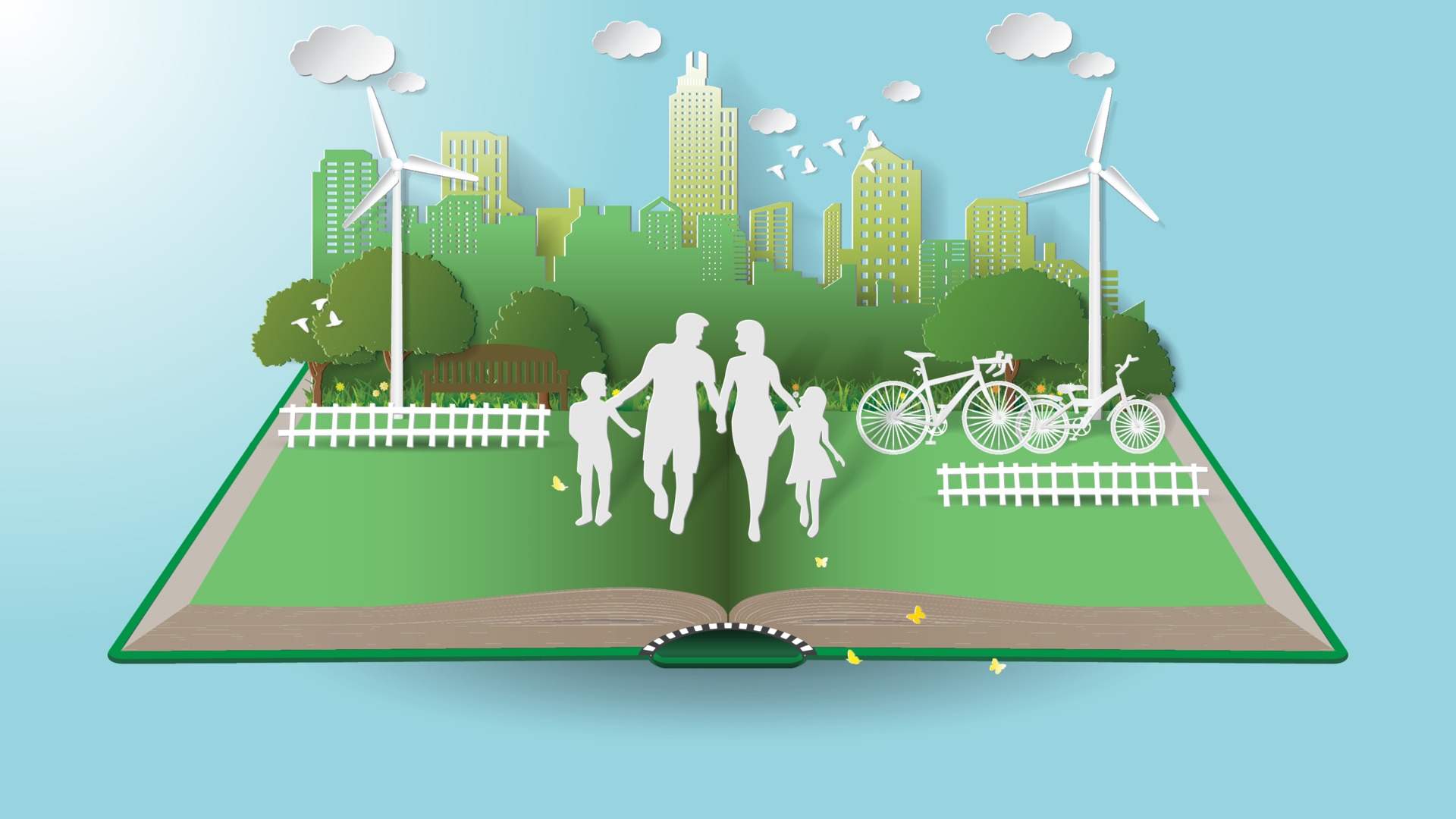Due to the COVID-19 pandemic, online learning has changed significantly. Around the world, many schools and universities had to shut down. Face-to-face lessons have been replaced by online courses. The students found themselves attending classes exclusively on remote, taking part in class discussions, sending assignments and meeting teachers from home via digital platforms.
Among the many advantages of e-learning there is one that is particularly significant on a global scale: environmental sustainability.

The reduction of paper waste and the preservation of trees
Handouts, textbooks, homework, projects: the amount of paper consumed during face-to-face lessons is enormous.
According to the National Wildlife Federation, 60% of school waste is made up of paper. And one ton of paper waste equals about 16 large trees! This means that traditional classes require the use of large quantities of trees.
On the other hand, attending online courses, students can obtain and manage their own material in electronic format. Additionally, all training resources are assessed and archived online. Undoubtedly, this practice helps reduce paper waste and saves millions of trees every year.
Less emissions from transportation
Studying online allows students to stay at home and learn in comfort, avoiding the transshipment of uncomfortable journeys and excessive use of transportation. Limiting the use of cars and public transport to reach the place of study helps reduce the use of fossil fuels and the related harmful effects on the environment.
A study from the University of West Georgia found that for every 100 students who did not go to school, CO2 emissions were reduced by 5-10 tons per semester.
Another study by the Stockholm Environment Institute (SEI) showed that online courses could help reduce CO2 emissions by 90%.
The reduction of energy consumption
By taking their online courses, students don’t have to sit in physical classrooms to study. As a result, the electronic devices are switched off in the rooms that are not being used at that time. This means that schools use less energy for heating, cooling and electricity systems, which certainly benefits the environment.
The UK’s Open University Design Innovation Group (DIG) found that online training consumes nearly 90% less energy than face-to-face lessons.
Conclusions
Although online learning cannot totally replace face-to-face lessons, e-learning is undoubtedly an important component for a sustainable development and it should be further supported for green education.


